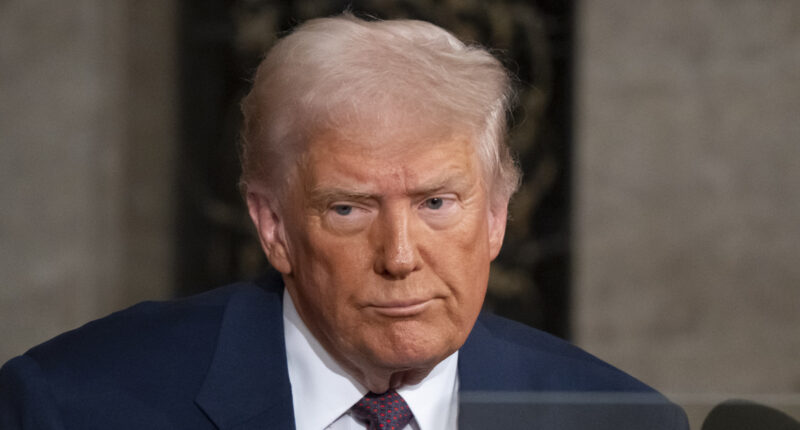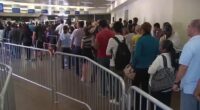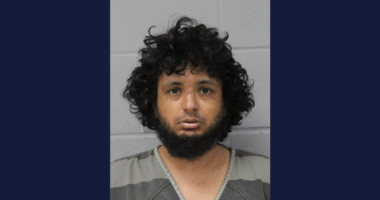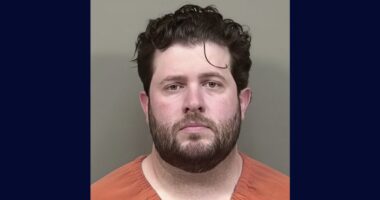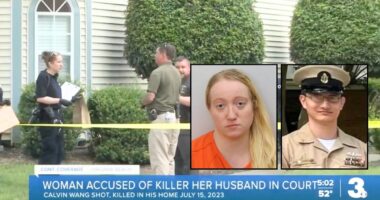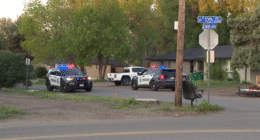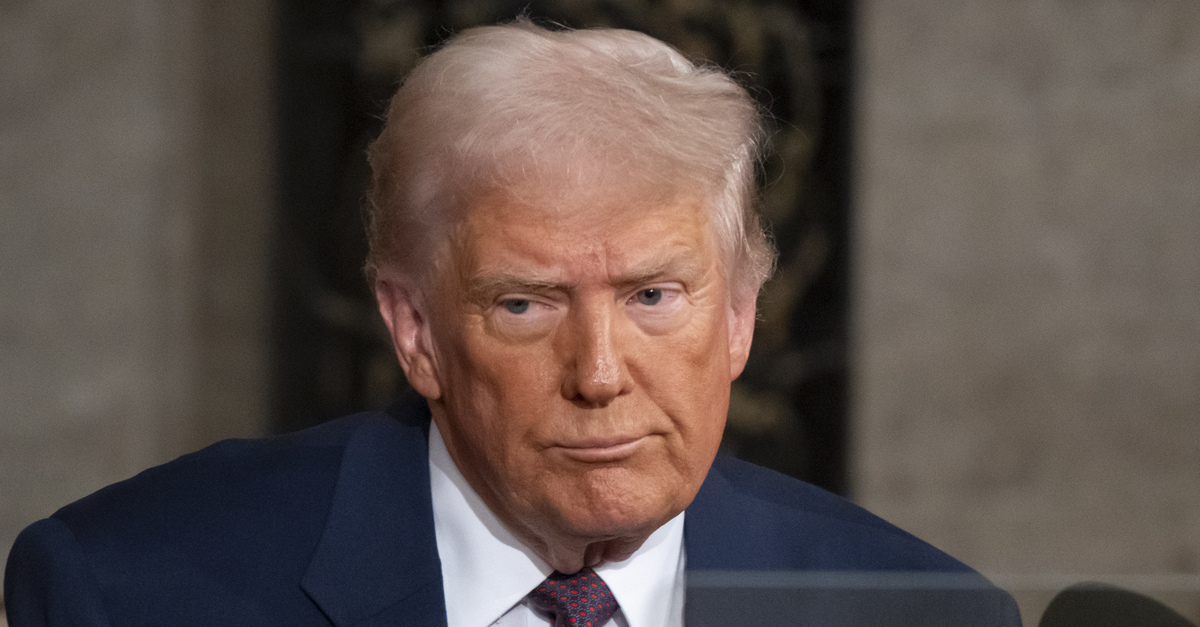
President Donald Trump addresses a joint session of Congress on Capitol Hill in Washington, Tuesday, March 4, 2025 (AP Photo/Alex Brandon).
A federal judge in Washington, D.C., has temporarily stopped significant parts of President Donald Trump’s broad executive order that aimed to unilaterally alter the regulations on how federal elections are conducted. The judge found that the individuals filing the lawsuit had a high likelihood of succeeding in the case.
U.S. District Judge Colleen Kollar-Kotelly released a 120-page ruling, issuing a preliminary injunction to block the president’s directive. This executive order included a requirement to change the national voter registration form to demand evidence of U.S. citizenship. It also involved a provision instructing federal agencies to evaluate the citizenship of individuals receiving public assistance before offering them a voter registration form.
Judge Kollar-Kotelly, who was appointed by President Bill Clinton, mentioned in her order that allowing these directives to be enforced would result in significant harm to the plaintiffs and would not be in the best interest of the public.
“Our Constitution entrusts Congress and the States — not the President — with the authority to regulate federal elections,” the order states. “Consistent with that allocation of power, Congress is currently debating legislation that would effect many of the changes the President purports to order. And no statutory delegation of authority to the Executive Branch permits the President to short-circuit Congress’s deliberative process by executive order.”
The court noted that the legislation in Congress is the Safeguard American Voter Eligibility [SAVE] Act, a Republican-backed measure critics have said could potentially disenfranchise millions of eligible voters. Many provisions of the SAVE Act are encompassed by Trump’s executive order.
The consolidated case challenging Trump’s Executive Order, “Preserving and Protecting the Integrity of American Elections,” was brought by three plaintiffs: two voting rights groups and the Democratic National Committee.
In their complaint, the plaintiffs claimed that the president lacks the power to issue the directives in his order, asserting that the executive has “no role in regulating federal elections” under the U.S. Constitution and relevant federal laws.
Kollar-Kotely rejected the plaintiffs’ request to block three other parts of Trump’s order because the claims were premature or were better addressed by a different court. Provisions not halted by the court include one directing the Departments of Homeland Security and State to give access to the so-called Department of Government Efficiency access to databases to “search for non-citizens who have registered to vote,” and two requiring states to stop counting mail-in votes received after election day or have federal funds withheld.
Trump’s order is an apparent attempt to bolster the false claim that he won the 2020 presidential election. Since his loss to Joe Biden, Trump has repeatedly promulgated erroneous conspiracy theories positing that the election was rife with voter fraud and rigged in favor of Democrats.
“[T]he United States now fails to enforce basic and necessary election protections employed by modern, developed nations, as well as those still developing,” Trump’s directive stated. “Free, fair, and honest elections unmarred by fraud, errors, or suspicion are fundamental to maintaining our constitutional Republic. The right of American citizens to have their votes properly counted and tabulated, without illegal dilution, is vital to determining the rightful winner of an election.”
Trump has continued to promote that fictitious narrative even after he took office for the second time. Earlier this month, he wrote on social media that the war between Russia and Ukraine “would never have happened if the 2020 Election had not been RIGGED, in other words, if I were President.”
Following Kollar-Kotelly’s order, White House spokesperson Harrison Fields issued the following statement to CBS News:
“President Trump will keep fighting for election integrity, despite Democrat objections that reveal their disdain for commonsense safeguards like verifying citizenship. Free and fair elections are the bedrock of our Constitutional Republic, and we’re confident in securing an ultimate victory in the courtroom.”
Love true crime? Sign up for our newsletter, The Law&Crime Docket, to get the latest real-life crime stories delivered right to your inbox.
